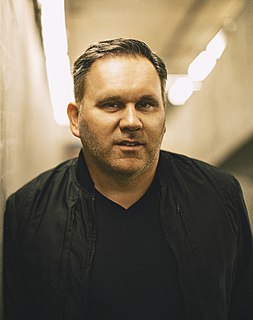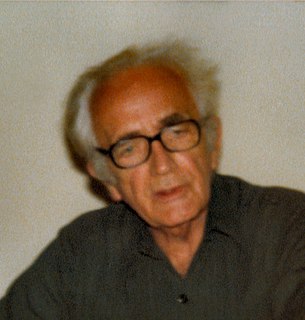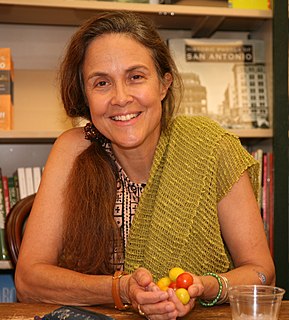A Quote by Charles de Lint
Why did men worship in churches, locking themselves away in the dark, when the world lay beyond its doors in all its real glory?
Related Quotes
It's such a biblical posture in worship that speaks of reverence. If you look through the Bible, there's a whole host of people who faced up to the glory of God and found themselves facedown in worship. So the album weaves through a theme of reverence, wonder, and mystery in worship, things I feel we really need to grasp more of in our worship expressions. I know that I do!
Men say their pinnacles point to heaven. Why, so does every tree that buds, and every bird that rises as it sings. Men say their aisles are good for worship. Why, so is every mountain glen and rough sea-shore. But this they have of distinct and indisputable glory,--that their mighty walls were never raised, and never shall be, but by men who love and aid each other in their weakness.
The dark dangerous forest is still there, my friends. Beyond the space of the astronauts and the astronomers, beyond the dark, tangled regions of Freudian and Jungian psychiatry, beyond the dubious psi-realms of Dr. Rhine, beyond the areas policed by the commissars and priests and motivations-research men, far, far beyond the mad, beat, half-hysterical laughter... the utterly unknown still is and the eerie and ghostly lurk, as much wrapped in mystery as ever.
To worship God 'in spirit and in truth' is first and foremost a way of saying that we must worship God by means of Christ. In him the reality has dawned and the shadows are being swept away (Hebrews 8:13). Christian worship is new covenant worship; it is gospel-inspired worship; it is Christ-centered worship; it is cross-focused worship.
Let me go: take back thy gift: Why should a man desire in any way To vary from the kindly race of men, Or pass beyond the goal of ordinance Where all should pause, as is most meet for all? ...Why wilt thou ever scare me with thy tears, And make me tremble lest a saying learnt, In days far-off, on that dark earth, be true? ‘The Gods themselves cannot recall their gifts.’ - Tithonus
This worship, given therefore to the Trinity of the Father and of the Son and of the Holy Spirit, above all accompanies and permeates the celebration of the Eucharistic liturgy. But it must fill our churches also outside the timetable of Masses. Indeed, since the Eucharistic mystery was instituted out of love, and makes Christ sacramentally present, it is worthy of thanksgiving and worship. And this worship must be prominent in all our encounters with the Blessed Sacrament, both when we visit our churches and when the sacred species are taken to the sick and administered to them






































